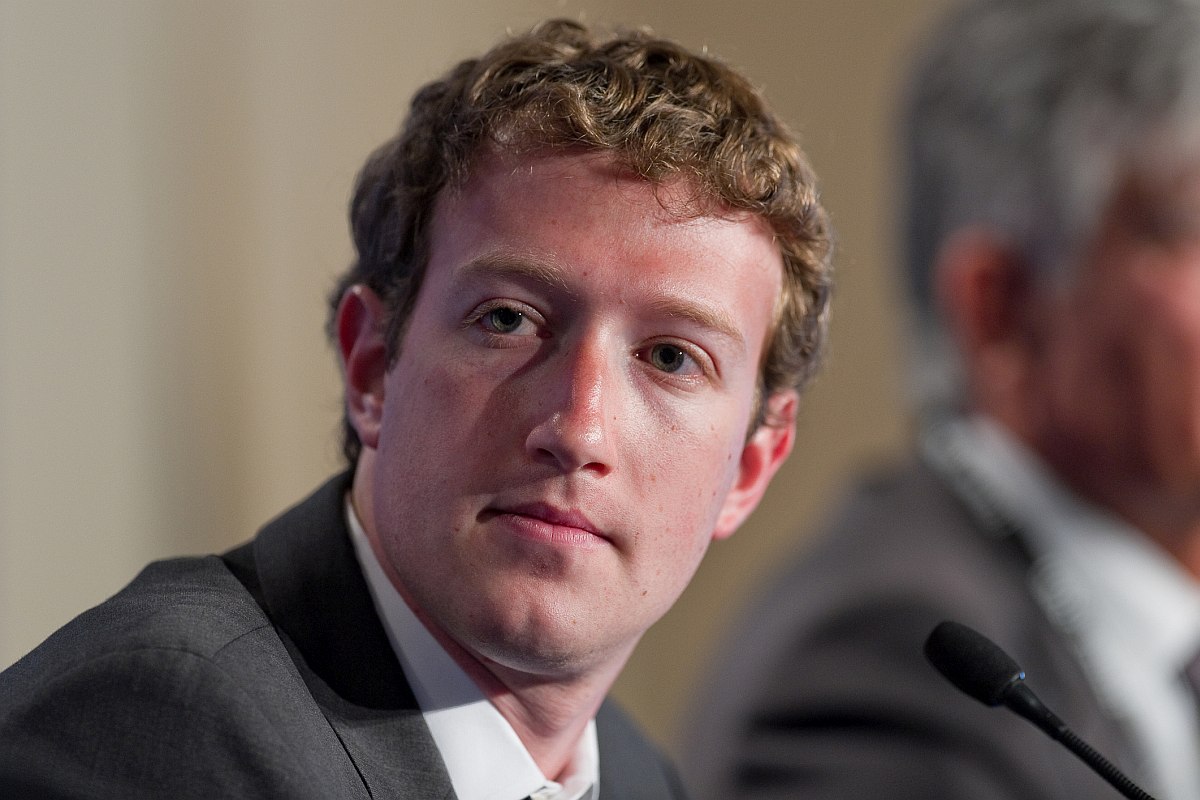Hina Khan’s emotional tribute to late father on Instagram
Hina Khan shares a heartfelt Instagram post in memory of her late father, reflecting on her loss and expressing her emotions.
Senator Josh Hawley (Missouri Republican) tweeted that he met Zuckerberg during his visit to Washington, DC on Thursday, and asked him to sell Instagram and WhatsApp.

Facebook CEO Mark Zuckerberg. (Photo : iStock)
Mark Zuckerberg has rejected a US lawmaker’s call to break his company, saying he’s not going to split WhatsApp or Instagram from Facebook.
Senator Josh Hawley (Missouri Republican) tweeted that he met Zuckerberg during his visit to Washington, DC on Thursday, and asked him to sell Instagram and WhatsApp.
Just finished meeting w @facebook CEO Mark Zuckerberg. Had a frank conversation. Challenged him to do two things to show FB is serious about bias, privacy & competition. 1) Sell WhatsApp & Instagram 2) Submit to independent, third-party audit on censorship. He said no to both
Advertisement
— Josh Hawley (@HawleyMO) September 19, 2019
Hawley, one of Facebook’s toughest critics, is among the several US lawmakers from both parties who’ve been rubbing shoulders with Zuckerberg this week.
Nice meeting with Mark Zuckerberg of @Facebook in the Oval Office today. https://t.co/k5ofQREfOc pic.twitter.com/jNt93F2BsG
— Donald J. Trump (@realDonaldTrump) September 20, 2019
It’s Zuckerberg’s first known visit to Washington, DC, since April 2018 when he testified before lawmakers in the wake of a major privacy scandal. Cambridge Analytica, a UK political consultancy, harvested the data of up to 87 million Facebook users without their permission. In June, Hawley introduced a bill that would make tech companies like Facebook liable for political bias.
As the chorus grows to break up Facebook, the social networking platform’s Chief Operating Officer Sheryl Sandberg recently said that it won’t serve any purpose.
She has also earlier commented that “You could break us up, you could break other tech companies up, but you actually don’t address the underlying issues people are concerned about.”
Several US senators have called for breaking up the social network amid repeated data breaches and privacy violations on the platform. Democratic presidential candidate, Senator Kamala Harris, has stressed that authorities should take a serious look at breaking up Facebook as the social network platform is a “utility that has gone unregulated”.
Another Democratic 2020 candidate, Senator Elizabeth Warren, has also stressed upon the possibility of breaking up Facebook. Zuckerberg, however, rejected these calls, saying the size of the social media giant was actually a benefit to its users and the security of the democratic process.
(With input from agencies)
Advertisement